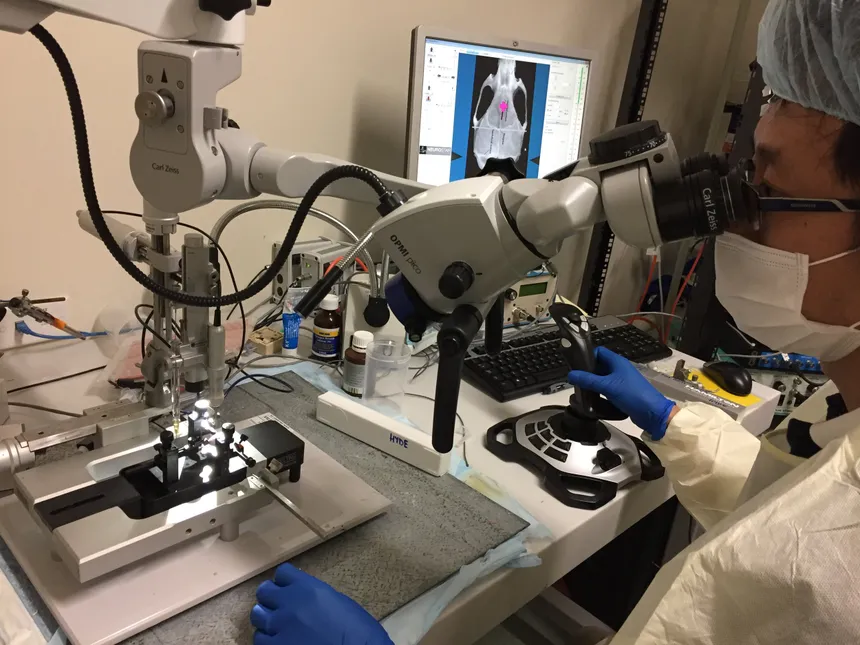Scientists at the Francis Crick Institute and the UCL Queen Square Institute of Neurology have developed an artificial intelligence (AI) tool that can classify four subtypes of Parkinson’s disease with up to 95% accuracy. The researchers used images of stem cells from patients to “train” a computer program to recognize the subtypes of the condition. The team believes that this breakthrough could pave the way for personalized medicine and targeted drug discovery.
According to Sonia Gandhi, assistant research director and group leader of the Neurodegeneration Biology Laboratory at the Crick, the current treatment options for Parkinson’s disease are ineffective, and there is no way to know which mechanism is causing the disease in each individual patient. The new AI tool is designed to change this, allowing researchers to accurately differentiate between the different subtypes of Parkinson’s and develop targeted treatments.
Parkinson’s disease is a condition in which parts of the brain become progressively damaged over many years, leading to a range of physical and psychological symptoms. However, the underlying mechanisms causing the disease vary from person to person, making it difficult to develop effective treatments. The researchers believe that their AI tool could help to overcome this challenge by allowing them to study the different subtypes of the disease in more detail.

Neurodegeneration Biology Laboratory
To develop the AI tool, the researchers generated stem cells from patients’ own cells and used those cells to create four different subtypes of Parkinson’s. They then used machine-learning algorithms to analyze the images of the stem cells and predict the Parkinson’s subtype. The algorithms were able to accurately predict the subtype with up to 95% accuracy, even when presented with images it had not seen before.
The researchers believe that their AI tool could have a significant impact on the treatment of Parkinson’s disease. For example, it could be used to test drugs in stem cell models and predict whether a patient’s brain cells would be likely to respond to a drug, before enrolling them in clinical trials. This could lead to faster and more effective treatment for patients, and could also reduce the need for costly and time-consuming clinical trials.
The development of an AI tool that can classify Parkinson’s subtypes with high accuracy is an important breakthrough in the field of medical research. It could have a significant impact on the treatment of Parkinson’s disease and could help to improve the lives of patients with the condition.











































